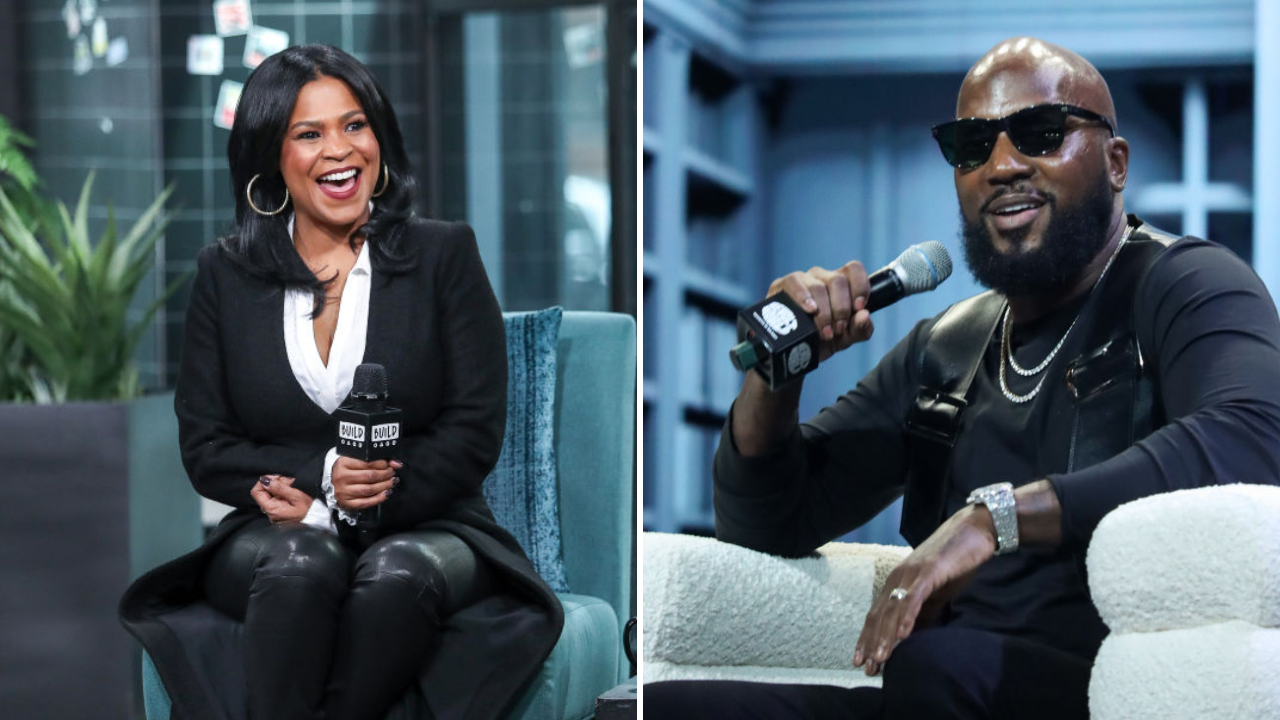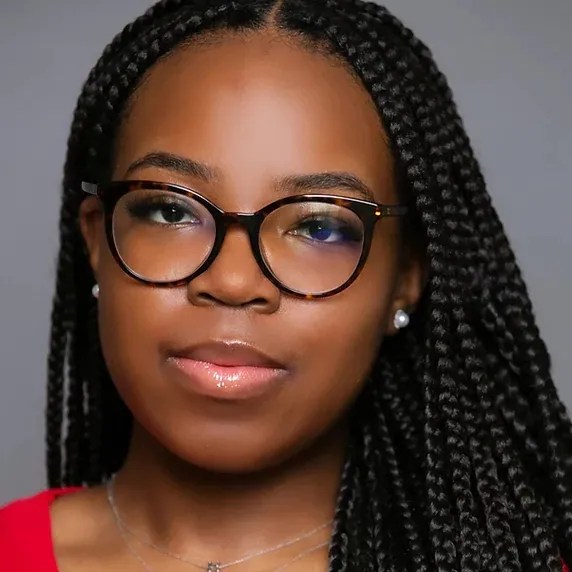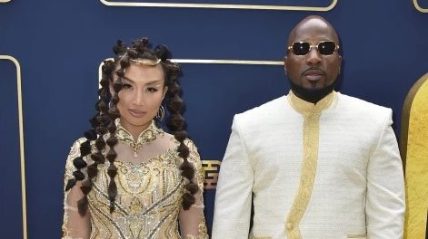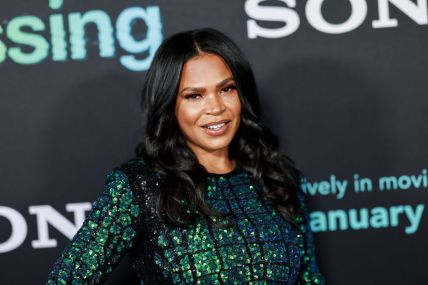6 takeaways from Jeezy’s sitdown with Nia Long
Actress Nia Long and rapper Jeezy sat down for an intimate conversation about forgiveness, mental health, relationships, and more.
This week, Nia Long and Jay “Jeezy” Jenkins redefined the popular idiom “to forgive but not forget.” During an hourlong interview on Jeezy’s YouTube channel, both the beloved actress and rapper opened up to each other about navigating mental health, love, forgiveness, and healing past trauma.
“If everyone took the time to look inward and to work on themselves [in an honest way…] we’d be in a better space,” said Jenkins. “I hope, and I pray that this conversation can open up different conversations in our culture.”

For the rapper, this interview is one of the first times he has spoken publicly about his relationship since news broke of his divorce filing to television personality Jeannie Mai. Similarly, Long unveiled how she felt following her public breakup with her former fiancé, Ime Udoka. In what felt like a therapy session, the two indulged in raw, honest conversations about integrity, intimacy, fear, ego, empathy, meditation and more. While social media dissects the tea spilled within the interview, here are some of the other major takeaways from the conversation.
1. The importance of honoring your younger self
As Long and Jenkins have each grown in their respective careers, both have placed an emphasis on taking care of their younger selves. Long explains this is a practice her therapist recommended, but for Jeezy, honoring his younger self came through meditation. During the interview, he recounts the moment he reconnected with his younger self while doing a 45-minute meditation. Since then, he explained how the image of his younger self, which he now keeps on his phone’s lock screen, motivates all of his actions.
“I’m going to stand up for little Jay,” Jenkins describes telling himself. “No matter what happens in life, I have to choose to take care of my inner child and take care of myself.”
2. Forgiveness can be the key to freedom
“When you get to a place where you can forgive, even when there’s pain involved, that’s freedom,” said Long.
Throughout the interview, Jeezy remains honest about his struggles with forgiveness. Having dealt with an extreme level of loss and betrayal throughout his life, Jeezy’s journey to reaching forgiveness began with his late mother, with whom he had a rough relationship. The rapper shared that he did not forgive her until after she passed. While he may still struggle to forgive others in his life, Jenkins described physically feeling a spiritual pain dissolve when he made amends with his mother.
“One thing I learned about life now is that, even if somebody treats you wrong, it’s how you react or respond,” Jenkins shared.
3. The physical impacts of not taking care of your emotional and mental health
“The reality is your brain is a muscle, like anything else on your body,” said Long. “If you can go to the gym and lift weights, then you should be able to sit down with someone and exercise that muscle in between your ears.”
Jenkins revealed that at the height of his career, his negligence toward his mental health caused him to experience several physical health issues. From requiring surgery on his vocal cords to unexpectedly experiencing Bell’s palsy, a neurological disorder that causes paralysis/weakness on one side of the face, today, the rapper sees the back-to-back health struggles as a result of his state of mind at the time.
“I wasn’t taking care of myself,” he explained. “I was just in bad shape. I [had] an album out that was doing great. I’m going around the world, but I’m at war. I’m losing friends left to right. I’m at war with people who have, at the time, way more money than I did and more influence and power, and it’s like I’m just holding my own.”
4. The power of intimate conversation between men and women
In what felt like a conversation between two very good friends, Jenkins framed the discussion as a “safe space” where both the rapper and Long could share their personal experiences and perspectives while sitting on opposing sides of the gender spectrum. Finding similarities in their different experiences, both agreed that Black men and women don’t have enough of these conversations to understand that both genders are fighting to find a balance.
“At times when we’re at our lowest, [men] need our sisters, just like you guys need your brothers,” Jenkins added.
5. There’s nothing wrong with prioritizing yourself
“I always put everybody else first, and I never put myself first,” Jenkins admitted.
Whether within family dynamics or friendship dynamics, Black people often feel obligated to save their communities — something both Long and Jenkins admitted falling victim to. Long, whose recent relationship ended amid a cheating scandal, explained that her older son watched her do everything she could to save the relationship. But ultimately, she explained she had to “come to a place where loving [herself] was bigger and more important than saving anybody.”
In short, after actively working on loving yourself and reaching a point where you love what you see in the mirror, the actress believes there is nothing wrong with prioritizing yourself in situations where you feel like the other person is not trying to grow, heal, and evolve with you.
6. Loving people exactly where they are
“I think love is two people healing,” said Jenkins. “And giving each other the space to do so.”
However, sometimes, people are not ready to do healing work, and no one can force them to do it. As Jenkins disclosed in the interview, even therapy wasn’t enough to save his marriage to Mai.
“If the other person is not willing to do the deep, hard work, then you stay — and when you stay, you have to make yourself smaller to survive,” Long responded. “You can still love them, by the way. You love them from afar. You wish them well. You bless them on their journey, and you hope that the next time they have the opportunity to do the work that they do the work.”
Click here to watch the full interview.

Haniyah Philogene is a multimedia storyteller and Lifestyle reporter covering all things culture. With a passion for digital media, she goes above and beyond to find new ways to tell and share stories.
TheGrio is FREE on your TV via Apple TV, Amazon Fire, Roku, and Android TV. TheGrio’s Black Podcast Network is free too. Download theGrio mobile apps today! Listen to ‘Writing Black‘ with Maiysha Kai.


